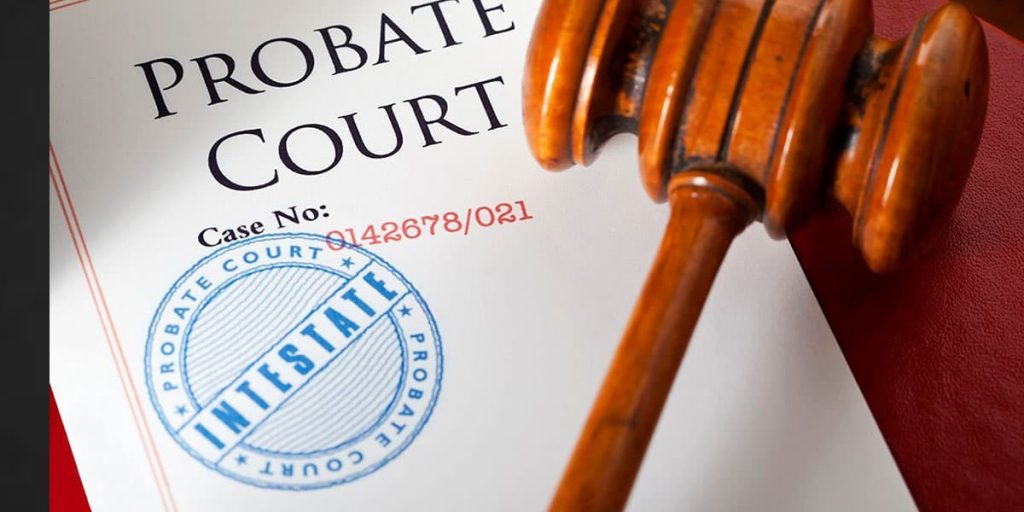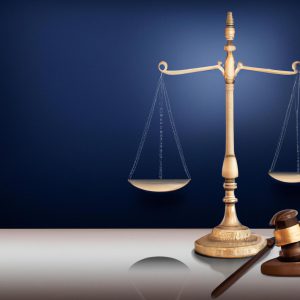Introduction
The probate process is a critical legal procedure that involves settling the affairs of a deceased individual and distributing their assets to beneficiaries. The probate process can be complex and overwhelming for individuals residing in Long Island, New York. In this comprehensive blog, the experienced probate attorneys at Morgan Legal Group PLLP will shed light on the probate process and explain why having a probate attorney in Long Island is essential. We will explore the various steps involved, common challenges faced, and the invaluable assistance a probate attorney can provide to navigate this intricate legal journey.
Chapter 1: Understanding the Probate Process in Long Island
1.1 What is Probate?
Probate is the legal process by which a deceased person’s estate is administered, and their assets are distributed to beneficiaries according to their will or intestacy laws if there is no will. In Long Island, New York, the Surrogate’s Court oversees the probate process.
1.2 The Role of the Probate Attorney
A probate attorney plays a crucial role in guiding individuals through the complexities of probate. They assist the executor or personal representative in fulfilling their duties, ensure compliance with Long Island’s probate laws, and handle any legal challenges that may arise during the process.
Chapter 2: The Probate Process in Long Island
2.1 Initiating the Probate Process
The probate process begins by filing a petition with the Surrogate’s Court in Long Island. The petition includes the deceased person’s will (if one exists), the death certificate, and necessary court forms.
2.2 Notifying Interested Parties
The court requires the executor or personal representative to notify all beneficiaries and potential heirs of the probate proceedings. This step ensures that interested parties have the opportunity to participate in the process and raise any objections if necessary.
2.3 Validating the Will
The court must validate the will’s authenticity before proceeding with the probate process. The will’s validity is verified by witnesses and other evidence, ensuring that it meets the legal requirements for execution.
2.4 Inventory and Appraisal of Assets
The executor is responsible for creating an inventory of all the deceased person’s assets subject to probate and having them appraised to determine their value. This step is crucial for accurately distributing the assets to beneficiaries.
2.5 Settling Debts and Taxes
Before distributing assets to beneficiaries, the executor must settle any outstanding debts and taxes the estate owes. This includes paying off creditors and filing the deceased’s final income tax return.
2.6 Distributing the Assets
Once all debts and taxes have been settled, the executor can proceed to distribute the remaining assets to the beneficiaries according to the terms of the will or laws of intestacy.
2.7 Closing the Probate Estate
After all, assets have been distributed and any other outstanding matters have been resolved, the executor can petition the court to close the probate estate.
Chapter 3: The Importance of Having a Probate Attorney in Long Island
3.1 Expert Knowledge of Long Island Probate Laws
Long Island has specific probate laws, and a probate attorney with expertise in these laws can provide invaluable guidance throughout the probate process. They ensure compliance with all legal requirements, reducing the risk of delays or disputes.
3.2 Efficient Administration of the Estate
Probate can be a time-consuming and complex process. A probate attorney can streamline the administration of the estate, ensuring that tasks are completed efficiently, and beneficiaries receive their inheritances promptly.
3.3 Handling Legal Challenges
Legal challenges, such as will contests or creditor disputes, can arise during probate. A skilled probate attorney can address these issues with effective legal strategies, protecting the deceased’s intentions and the interests of beneficiaries.
3.4 Estate Planning and Asset Protection
A probate attorney can offer valuable estate planning advice to individuals looking to protect their assets and minimize probate-related challenges for their beneficiaries in the future.
3.5 Objective Guidance for Executors
The role of an executor can be overwhelming, especially when emotions are involved. A probate attorney offers objective guidance to executors, ensuring they fulfill their duties responsibly and make informed decisions throughout the probate process.
Chapter 4: Common Probate Challenges in Long Island
4.1 Will Contests
Will contests occur when individuals challenge the validity of the deceased’s will, claiming that it was executed under undue influence, lack of capacity, or fraud? A probate attorney can defend the validity of the will and protect the testator’s intentions.
4.2 Intestate Succession
In cases where the deceased did not leave a valid will, Long Island’s intestate succession laws govern the assets’ distribution. A probate attorney can assist in identifying the rightful heirs and ensuring that the estate is distributed according to state law.
4.3 Creditor Claims
Creditors have a limited window to make claims against the estate to collect debts owed by the deceased. A probate attorney can handle creditor claims, negotiate settlements, and protect the estate from unwarranted or excessive demands.
4.4 Executor Mismanagement
Executors may face allegations of mismanagement or breach of fiduciary duty. A probate attorney can investigate such claims and provide a defense or take appropriate legal action if necessary.
4.5 Tax Issues
The probate process may trigger various taxes, such as estate taxes and inheritance taxes. A competent probate attorney can navigate the complexities of tax laws to minimize tax liabilities and preserve the estate’s assets for beneficiaries.
Chapter 5: Why Choose Morgan Legal Group PLLP for Probate Matters
5.1 Expertise in Long Island Probate Laws
Morgan Legal Group PLLP has a team of highly skilled probate attorneys with extensive knowledge of Long Island’s probate laws and procedures. We have a successful track record of handling various probate matters in New York City.
5.2 Comprehensive Probate Services
Our firm offers comprehensive probate services, including estate planning, will drafting, trust creation, asset protection, and probate litigation representation. We tailor our approach to meet the unique needs of each client.
5.3 Personalized Attention and Guidance
At Morgan Legal Group PLLP, we prioritize personalized attention and provide individualized guidance to our clients throughout the probate process. We take the time to understand your specific circumstances and offer solutions that best suit your needs.
5.4 A Reputation for Excellence
Our firm has earned a reputation for excellence in the legal community and among our clients. We are dedicated to upholding the highest ethical standards while achieving favorable outcomes for our clients.
Conclusion
The probate process in Long Island, New York, is a crucial legal journey that requires careful navigation to ensure a smooth and efficient administration of the deceased’s estate. Having a probate attorney by your side can make all the difference, offering expert guidance, legal representation, and peace of mind during this challenging time. At Morgan Legal Group PLLP, our experienced probate attorneys are dedicated to providing top-notch legal advice and representation for probate matters in Long Island. Contact us today to schedule a consultation and discover how our legal expertise can be of invaluable assistance throughout the probate process.







